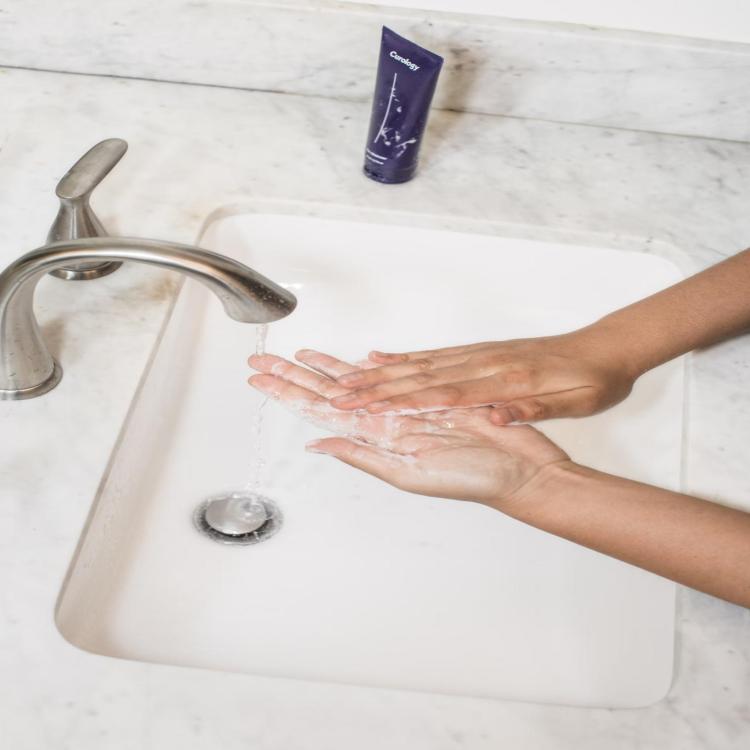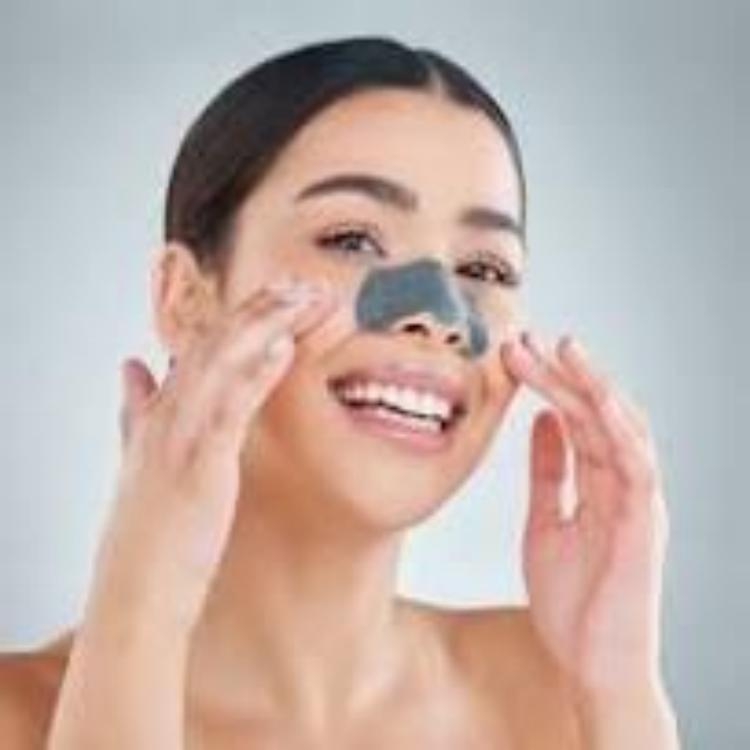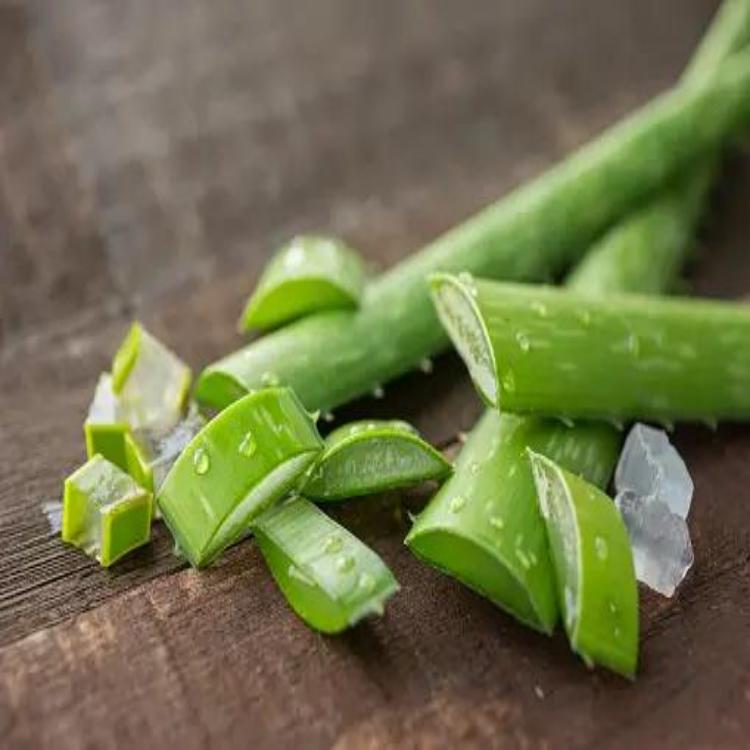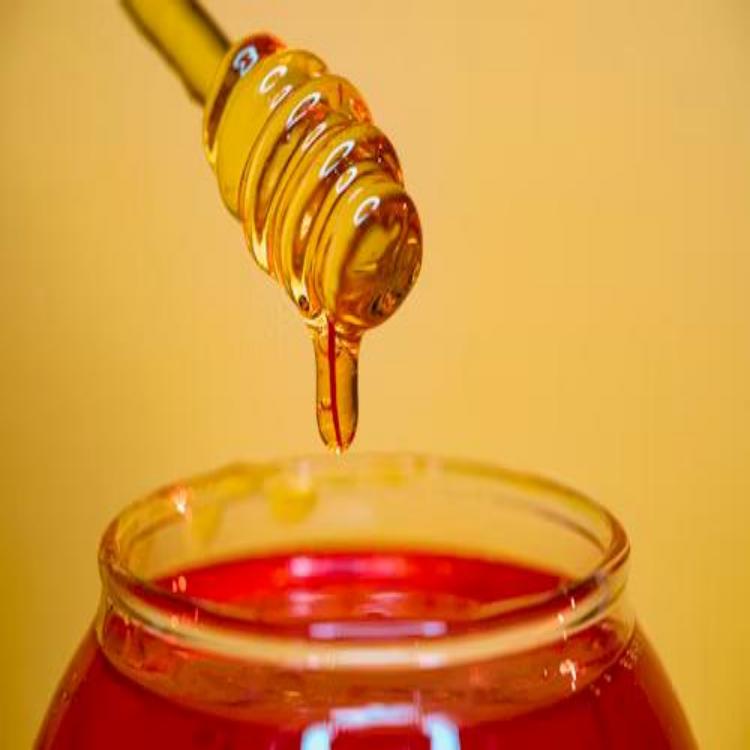Ideally, you shouldn’t pop a pimple. That’s because of possible side effects such as scarring, infection, and inflammation common with this practice.
Agreed: having a couple of pimples on the face or other body parts can be distressing. If on the face, you risk the embarrassing case of having to explain to friends and frenemies what happened to you.
However, even at that, you should resist the temptation of popping those annoying sacs of pores and dead cells and allow the healing process to run its course. Pimples are actually not diseases but symptoms of a possible skin issue. In fact, in most cases, you might be able to prevent it if you follow some guidelines.
We will touch on things you can do to prevent pimples after doing just justice to the primary focus of this article. For now, let’s dive straight into what you can do if you’ve already popped your pimples.
Table of Contents:
- Part 1: What To Do After Popping a Pimple
- Part 2: Case-Specific Pimple Popping: What To Do
- Part 3: Things You Must Not Do After Popping A Pimple
- Part 4: A Better Alternative to Dealing With Pimples
- Part 5: Home Remedies For Treating Pimples
- Part 6: Are All Pimples Preventable?
- Part 7: Is It Time To See A Doctor?
Part 1: What To Do After Popping a Pimple
1. Keep Your Hands & Face Clean

You must regularly wash your face and hands with lukewarm water and mild soap to keep bacteria off the spot. Infection is the most feared risk of having open skin, but with conscientious hand washing, you can minimize or even eradicate this risk.
2. Antibacterial Treatment
When there are no bacteria invasions, healing proceeds faster; treat the popped pimple with tea tree oil, benzoyl peroxide, or any topical antibiotic ointment that is potent enough to keep the area bacteria-free. Many of these wound dressing ointments are available over the counter at local pharmacies.
3. A Pimple Patch

Just like you have plasters for covering wounds, there are also specialized medicated stickers for pimples called patches. If used, they put inflammation in check and prevent you from picking the pimple again. With a patch in place, you can expect swift healing with minimal or no scar.
4. Aloe Vera Soothing

Aloe Vera is a multi-functional plant with tremendous therapeutic usefulness. Besides its antibacterial properties, it’s an excellent moisturizer with soothing prowess. Get some of its juices on the pimple and experience relief from itching and pain.
5. Protect From Sunlight
Exposing your popped pimple to sunlight increases your risk of hyperpigmentation, which may disfigure your face. As such, in the first two days after popping, avoid exposing the area to sunlight to limit your chances of coming down with scars.
Part 2: Case-Specific Pimple Popping: What To Do
| S/N | CASE | Solution |
| 1 | What to do after popping a pimple to prevent scarring | Avoid frequent touching, use a pimple patch, and don’t expose it needlessly to the sun |
| 2. | What to do after popping a pimple and it bleeds | Apply pressure with a clean cotton wool on the spot until the bleeding stops, use a pimple patch, and avoid touching or scratching it |
| 3. | What to do after popping a pimple on the nose | Maintain strict hygiene, don’t pop it any further, use a pimple patch, and apply antibacterial ointment |
| 4. | What to do after popping a pimple on your lip | Keep your tongue away from the discharge, and allow the pimple to heal naturally |
| 5. | What to do after popping a pimple in the triangle of death | Use aloe vera for soothing and to prevent inflammation; use a pimple patch, and don’t scratch or touch it incessantly |
| 6. | What to do after popping a pimple on the face | Stop popping; keep your hands and face neat at all times, apply aloe vera for soothing, and wait for the healing process to run its course. |
Part 3: Things You Must Not Do After Popping A Pimple
● No More Popping!
As already stated, it was bad that you popped the pimple in the first place. Now that it has happened, no more touching, squeezing, or picking of whatever remains. Doing so can cause more damage to your skin or cause cross-infection. It’s also common to see more breakouts when one pops a pimple. Why it happens like that is unclear, but it’s best to stop this practice to have smooth skin.
● Don’t Use Abrasive Objects on It
If you scrub with any of these hard sponges, it’s time for you to take a break. Any abrasion on a popped pimple can irritate the area, delay the healing process, and even cause scarring. Similarly, avoid using masks or toners on the pimple until you are sure it has completely healed.
● Don’t be in a Hurry
A popped pimple will not heal overnight. As such, you must caution yourself not to be too expectant or frustrated that things aren’t progressing as quickly as you thought. Frustration can lead to doing all kinds of bizarre things to get it away, whereas what you need is just more patience.
Part 4: A Better Alternative to Dealing With Pimples
Let’s not even try to sweep this fact under the carpet: pimples are big-time frustrations for all of us. Nothing kills confidence faster than waking up one morning and finding that one’s face has become a fertile ground for these things. The good news, however, is that most people can prevent it.
As such, the focus here is to help you understand how you can prevent coming down with pimples in the first place. Here are proven strategies to minimize the risk of having pimples.
- Watch what you eat. Foods that are high in sugar, refined carbohydrates, and dairy content make you more susceptible to pimples than those that are not.
- Be selective of your hair removal method. Certain methods, e.g., shaving, plucking, waxing, etc., can leave you with several skin problems, of which pimples or acne are one. IPL devices such as the Ulike Air 3 IPL device are among the safest ways to remove unwanted facial hair without risking getting pimples.
- Stay hydrated. Dehydration leads to a buildup of toxins and body wastes that can end up blocking your hair follicles.
- There is a strong connection between stress and breakouts. As such, you’ve got to manage your stress level. Get enough sleep and know when to go on breaks.
- Keep your hair away from your face, and always keep your hands and face clean
- Change your pillow and bedsheets regularly.
- As much as you can, avoid over-exposing your skin to sunlight.
Part 5: Home Remedies For Treating Pimples
The good thing about home remedies is that they are convenient and often harmless. Since the things you will be using are everyday items you probably are used to, it gives you peace of mind that you are safe. Here are proven home remedies for addressing the pimple problem.
a). Use Natural Oils
The oils that have been reported to help resolve acne quickly include jojoba, argan, tea tree, and coconut oil. Though the FDA hasn’t come out to affirm the authenticity or safety of these things as acne antidotes, several individuals have reported huge success in addressing their breakouts. To use any of them, simply keep the area clean by washing with mild soap and warm water. Apply generously one or two times daily and allow it to dry.
b). Use Honey

Because of the numerous antioxidants present in honey, it has found a lot of usefulness in the home, particularly in addressing skin issues. Many have reported that it helped to clear clogged pores or follicles, which caused their acne in the first place.
c). Aloe Vera
Aloe vera juice is rich in antibacterial and anti-inflammatory substances that you need to keep your growing pimples in check. As with other home remedies, you only need to apply the juice generously on the spot one or two times a day for maximum output.
Part 6: Are All Pimples Preventable?
There is not much you can do to prevent certain breakouts. That’s because some of these things can be traced to factors that you have little to no control over. Here are some of those factors.
Genetic predisposition
A person’s predisposition to getting pimples can be inherited from either parent. Of course, experts have argued that genetics alone may be insufficient to explain consistent breakout; a person’s lifestyle choices also heavily contribute to their chances of having it. If your acne or breakout is gene-related, you probably have an overproduction of androgens, hormones that are responsible for body oil production.
Age
Almost 85% of teenagers and young adults will notice a session of breakouts or more as they cross this developmental stage. To be precise, if you are between 12 and 24 years old, it’s normal if you constantly struggle with acne. Part of puberty experiences is the stimulation of your oil glands, which causes frequent pimples. Once you enter adulthood full-time, the stimulation fades, and you are stable.
Hormonal Imbalances
Women are much more predisposed to having pimples than their male counterparts because of hormonal imbalances. It happens a lot when they have reached reproductive age and can get worse with stress. Often, there is little you can do about hormonal imbalances, although opting for a healthy lifestyle has been shown to help.
Medications
Certain medications, e.g., corticosteroids, antibiotics, vitamin B12, antituberculosis drugs, and others, have acne as one of their side effects. If your doctor prescribes any of these acne-inducing drugs for you, they will most likely let you know about this possible downside. The good thing about this kind of acne is that its manifestation is within the activeness of the drugs.
Part 7: Is It Time To See A Doctor?
As mentioned earlier, a pimple is not a disease for which you may have to seek medical care. However, there is a frequency and severity that suggests that you need a dermatologist’s counsel or attention. If you experience any of the following with your pimple, please book a session with your dermatologist straightaway.
- You’ve got a large pimple(s) that is pus-filled and painful
- You’ve used several home remedies, which worked for others but haven’t been successful at addressing your breakout
- The pimples are all over your face, affecting your self-esteem and confidence.
- You are experiencing discoloration or scarring from each pimple episode
- You have passed adolescence and still have recurring pimples
- Each time you have pimples, you also experience other symptoms like fever and swelling
Conclusion
By all means, please resist the temptation of popping a pimple, unless it’s done for you by a physician. However, we understand that things happen, and some pimples can get on your nerves. The bottom line is to maintain strict hygiene and apply the basic treatment method highlighted in this piece.

 By myulikeadmin
By myulikeadmin



